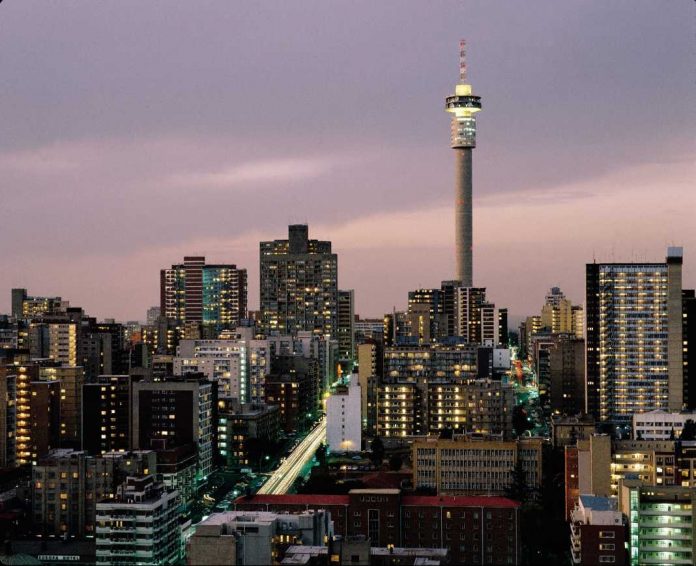The economy of South Africa, already in recession, has experienced an unprecedented decline due to the health crisis: the continent’s most industrialized country saw its gross domestic product (GDP) collapse by 51% in the second quarter compared to 2019.
This unprecedented decline in GDP was anticipated due to the strict containment imposed in the country from March 27 to curb the spread of the new coronavirus, limiting the movement of the population but to the detriment of most economic activities. With nearly 640,000 cases and more than 15,000 deaths, South Africa is the hardest hit country on the continent by the coronavirus.
The figures published Tuesday, September 8 by the country’s statistics agency (StatsSA) reflect the “severe impact” of the pandemic on the economy, commented President Cyril Ramaphosa, who was very offensive in the face of this worsening slump.
“We will exploit this moment of crisis to build a new economy and deploy the true potential of South Africa,” said the head of state, adding that “it is time to act quickly and courageously to put South Africa on a path of rapid growth.
A 16% decline in GDP
The slump in the South African economy echoes the figures published in recent weeks by the heavyweights of the global economy. Year-on-year, the United States recorded a 32.9% decline in the second quarter and the Indian economy contracted by 23.9%.
The only exception came from China, which escaped recession by recording a 3.2% rebound in GDP between April and June, after falling 10% in the first quarter.
Nigeria, South Africa’s great economic rival, also seems to have resisted the consequences of the pandemic somewhat better: in the second quarter, its economy shrank by 6.1% on an annualized basis.
The decline in South Africa’s GDP is more modest compared to the first quarter, but still stands at “just over 16%,” StatsSA says.
The plunge in South Africa’s GDP is largely attributed to the sharp decline in the construction, manufacturing and mining sectors, which declined by more than 70 per cent.
Worse than the 2008 crisis
As for the tourism industry, “spending in restaurants and hotels has almost completely dried up and plunged 99.9%”, calculated the statistics institute. Nine of the ten main economic sectors of the country have contracted, summarized StatsSA.
Only agriculture seems to have fared well, thanks to rising maize exports and increased external demand for citrus and pecans.
The recovery of activity could take time in South Africa. The South African economy was already in recession – it’s second in two years – when the epidemic hit the country. It had shrunk by 2% in the first quarter of this year.
With the second-quarter plunge, the South African economy is performing even worse than it did 11 years ago at the time of the “6.1% year-on-year slowdown in the first quarter of 2009 during the global financial crisis,” the agency added.
In June, Finance Minister Tito Mboweni predicted a 7.2% decline in GDP for the year 2020 as a whole, a record “in almost 90 years,” according to the official. “We expect GDP to contract by 8.1 percent this year,” Sanisha Packirisamy, an economist at Momentum Investments, said Tuesday. For 2021, she anticipates a “weak recovery” of 2%.
For its part, the United Nations expects a period of about five years before the country returns to a level of activity comparable to that before the pandemic.
Source: Le Monde

